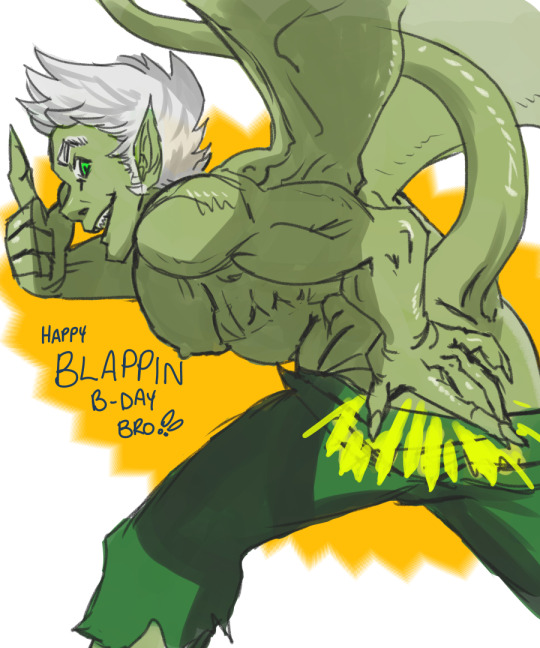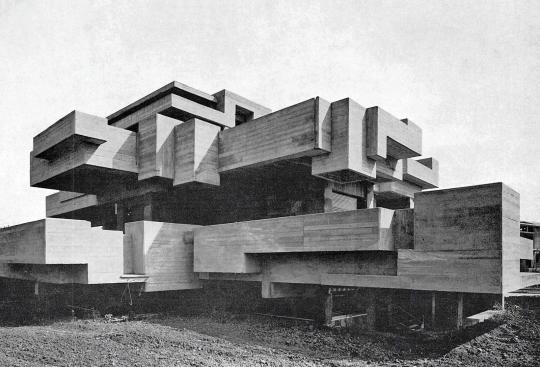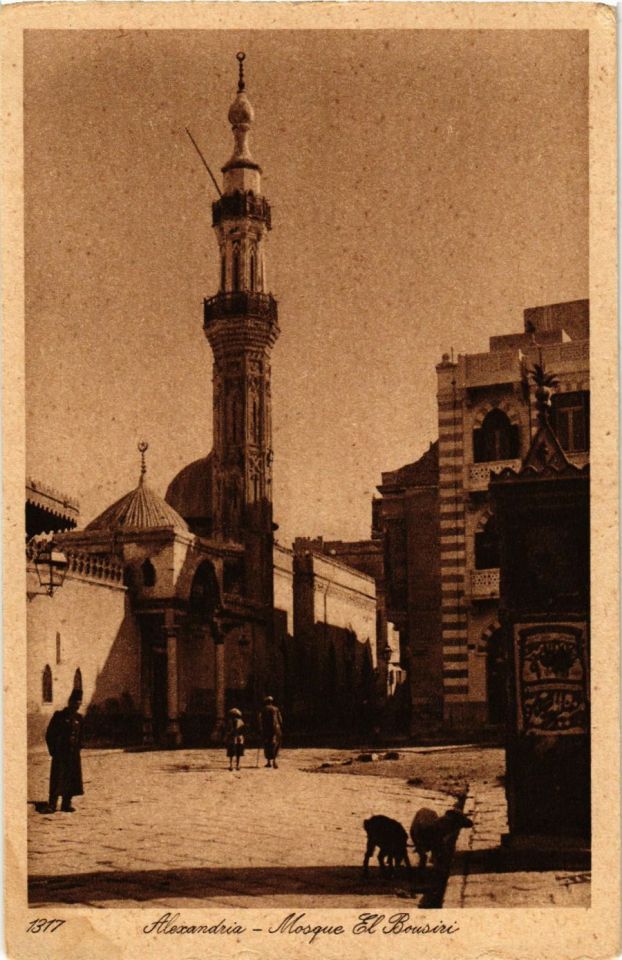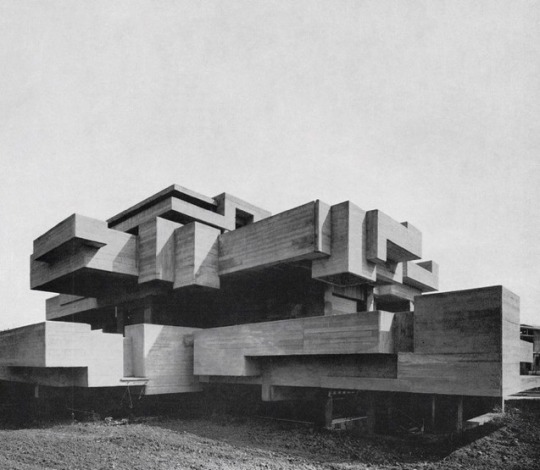#busiris
Explore tagged Tumblr posts
Text

Commission for busiris on twitter of his OC Bu.
Really enjoyed drawing that Oni face actually
32 notes
·
View notes
Text
King Osiris
“...according to what seems to have been the general native tradition Osiris was a good and beloved king of Egypt, who suffered a violent death but rose from the dead and was henceforth worshipped as a deity. In harmony with this tradition he was regularly represented by sculptors and painters in human and regal form as a dead king, swathed in the wrappings of a mummy, but wearing on his head a kingly crown and grasping in one of his hands, which were left free from the bandages, a kingly sceptre.

Seti I before Osiris, from the tomb of Seti I in the Valley of the Kings.
(Source: Osama Shukir Muhammed Amin FRCP[Glasg], CC BY-SA 4.0 https://creativecommons.org/licenses/by-sa/4.0, via Wikimedia Commons)
"Two cities above all others were associated with his myth or memory. One of them was Busiris in Lower Egypt, which claimed to possess his backbone; the other was Abydos in Upper Egypt, which gloried in the possession of his head. Encircled by the nimbus of the dead yet living god, Abydos, originally an obscure place, became from the end of the Old Kingdom the holiest spot in Egypt; his tomb there would seem to have been to the Egyptians what the Church of the Holy Sepulchre at Jerusalem is to Christians. It was the wish of every pious man that his dead body should rest in hallowed earth near the grave of the glorified Osiris. Few indeed were rich enough to enjoy this inestimable privilege; for, apart from the cost of a tomb in the sacred city, the mere transport of mummies from great distances was both difficult and expensive. Yet so eager were many to absorb in death the blessed influence which radiated from the holy sepulchre that they caused their surviving friends to convey their mortal remains to Abydos, there to tarry for a short time, and then to be brought back by river and interred in the tombs which had been made ready for them in their native land. Others had cenotaphs built or memorial tablets erected for themselves near the tomb of their dead and risen Lord, that they might share with him the bliss of a joyful resurrection.”
—J. G. Frazer, Adonis, Attis, Osiris, part 2 (The Golden Bough, vol. VI, 1914, pp. 18-19)

Mural from the Temple of Osiris at Abydos.
(Source: Steve F-E-Cameron, CC BY-SA 3.0 <https://creativecommons.org/licenses/by-sa/3.0>, via Wikimedia Commons)
#jg frazer#the golden bough#the golden bough vol vi#adonis attis osiris#osiris#ancient egypt#egyptian mythology#kingship#busiris#abydos
3 notes
·
View notes
Text
youtube
Es conveniente considerar, por último, que el proceso contra Sócrates fue un enorme y espectacular evento ciudadano: 600 ciudadanos fueron llamados a ser jueces; no todas las cortes populares requerían un número tan alto de jueces sorteados, y para actuar todos juntos. Las etapas del proceso (como son descritas por Platón en Apología), así como los acontecimientos de la detención y la muerte (como las describe en Critón y en Fedón), deben interpretarse como lo que son, ante todo: un proceso-monstruo en el que Sócrates “venció” debido a su elección de transformarse de acusado en acusador, llevando a la ciudad democrática al paso falso de desmentirse a sí misma y revelar su propia intolerancia homicida. Con el consiguiente escándalo y vergüenza de que también el ataque explícito de Polícrates y el silencio obstinado de Isócrates (salvo una alusión en Busiris) son una señal, así como el rígido «patriotismo democrático» de Esquines medio siglo más tarde.
Luciano Canfora: La crisis de la utopía, Aristófanes contra Platón. Fondo del Cultura Económica, pág. 153. México, 2019.
TGO
@bocadosdefilosofia
@dias-de-la-ira-1
#canfora#la crisis de la utopía#aristófanes contra platón#sócrates#platón#isócrates#polícrates#apología#jueces#sorteo#critón#fedón#proceso contra sócrates#juicio a sócrates#acusadores#acusador#acusado#democracia#atenas#muerte de sócrates#condena a sócrates#busiris#esquines#patriotismo democrácito#chivo espiatorio#proceso#época antigua#antigua grecia#teo gómez otero#rossellini
1 note
·
View note
Text

b-day gift for my oldest internet bonhomme. he liked it, i'm so glad. /crying emoji i can't be bothered to pull up on pc
i love that he's maintained this online dragon man persona all these years, that's dedication. it makes me want to revisit my maneating plant woman-sona again (rafleshia/rafflesia rep).
we'll meet in person one day. fran, too, i know you're out there somewhere, we'll reconnect one day. ah note to self: remake that one art, maybe it will summon her lol.
0 notes
Photo

Saverio Busiri Vici, Villa Ronconi, Roma, 1973
(Photo by Gaetan Asselberghs)
360 notes
·
View notes
Text

Al Burdah by Sharaf al-Din Muhammad ibn Said Busiri. Egypt. 1468-1496 CE.
The Victoria and Albert Museum.
#Sharaf al-Din Muhammad ibn Said Busiri#al burdah#art#culture#history#middle eastern history#egyptian#Egypt#egyptian history#north africa#african history#early modern history#early modern period#1400s#victoria and albert museum#literature
8 notes
·
View notes
Text

Imam Al-Busiri Mosque in Alexandria, Egypt
French vintage postcard
#carte postale#old#ansichtskarte#busiri#egypt#photo#vintage#postkaart#photography#alexandria#mosque#briefkaart#postkarte#french#ephemera#postcard#sepia#postal#tarjeta#imam#al#imam al-busiri mosque#historic
14 notes
·
View notes
Text

وَالنَّفْسُ كَالطِّفِلِ إِنْ تُهْمِلْهُ شَبَّ عَلَى
حُبِّ الرَّضَاعِ وَإِنْ تَفْطِمْهُ يَنْفَطِمِ
“Your Nafs is like a child who when breastfed
Loves suckling but when you wean it, will stop.”
10 notes
·
View notes
Text


Green Rippled Hawkmoth (Eupanacra busiris), family Sphingidae, Malaysia
photograph by David Fischer
1K notes
·
View notes
Text

BUSIRI, Giovanni Battista Roman View: The Pyramid of Caius Cestius - Gouache on paper, laid down on board, 23 x 34 cm Private collection
62 notes
·
View notes
Text
♆ Poseidon ♆
˚ ✦ . . ˚ . . ✦ ˚ . ★⋆.

Most info gathered by theoi.com, study.com, and google
˚ ✦ . . ˚ . . ✦ ˚ . ★⋆.
♆ :Etymology: ♆
Greek Name: Ποσειδων Transliteration: Poseidôn
Latin Spelling: Poseidon Translation: Neptunus, Neptune
Study.com Result: The most accepted interpretation stems from the root da-, meaning "earth" or "land." Poseidon's entire name literally translates to "lord of the earth" or "master of the earth."
♆ :Relationships: ♆
Main Spouse: Amphitrite, Goddess of the sea
Affairs: Aphrodite, Asteria, Demeter, Gaia, Hestia, Thetis, Medusa
Siblings: Zeus, Hades, Hera, Hestia, Demeter
Parents: Rhea and Cronus/Kronos
Most Known Children: Triton, Pegasus, Theseus, Polyphemus, Athena
Least Known Children: Aeolus, Asopus, Daimones Proseoous, Despoena, Proteus, Telchines
Nymph Children: Aethusa, Benthesicyme, Herophile, Cymopoleia, Urea, Rhode/Rhodos
Giant Children: Aloadae, Antaeus, Ephialtes, Charybdis, Chrysaor, Laestrygon, Orion, Otus
Animal Children: Arion, Pegasus, Chrysomallus
Mortal Children: Abas, Agelus, Agenor, Aeolus/Hellen, Achaeus, Almopus, Aloeus, Althepus, Ampheres, Amphimarus, Amycus, Ancaeus, Anthas, Aspledon, Atlas, Augeas, Autochthon, Azaes, Bellerophon, Belos, Boeotus, Busiris, Butes, Delphus, Dercynus, Diaprepres, Dictys, Edonus, Eirene, Elasippus, Eleus, Ephoceus, Epopeus, Erginus, Eryx, Evadne, Euemon, Eumolpus, Euphemus, Eurypylus, Eurytus, Eusirus, Gadeirus/Eumelus, Hallirhothius, Hippothoon/Hippothous, Hopleus, Hyperes/Hyperenor, Hyrieus, Ialebion, Caucon, Celaenus, Cenchrias, Cercyon, Chios, Chryses, Cromus, Cteatus, Cychreus, Cycnus, Lamia, Leches, Lelex, Leucon, Lycus, Megareus, Melas, Messapus, Mestor, Minyas, Mneseus, Molionidae, Mygdon, Nauplius, Nausithous, Neleus, Nireus, Nycteus, Oeoclus, Onchestus, Paeon, Parnassus, Pelasgus, Pelias, Peratus, Periclymenus, Corynetes, Phaeax, Phineus, Phocus, Phthius, Poltys, Procrustes, Sarpedon, Sciron, Taphius, Taras, Thasus, Theseus, Triopas
♆ :Sacred: ♆
Animals: Horses, Dolphins, Bulls
Items: Trident
Plants: Pine Tree, Wild Celery
♆ :Devotional Info: ♆
Major Arcana: The Emperor, The Chariot, Wheel of Fortune, Justice, The Tower, The Star, The Moon
Tarot Suits: King of Swords, Knight of Swords, Page of Cups, King of Cups
Color Associations: Black, Blue, White, Gold
Days: 7th/8th day of the month
Seasons: Winter, Fall
Consumables: Tuna/Fish, Wine, Ambrosia, Nectar
Modern Consumables: Literally Anything, but especially Fish and Wine
#poseidon#greek gods#greek mythology#greek myth#greek god#poseidon greek myth#neptune#deity work#witchcraft#witchblr#paganism#hellenic paganism#hellenism#paganblr#wicca#pagan wicca#wiccablr#hellenic polythiest#hellenic polytheistic#hellenic polytheism#hellenic worship#hellenic pagan#eclectic pagan#myth#mythology
30 notes
·
View notes
Text





Heracles 7: Other Notable Feats
According to Diodorus and Apollodorus, Heracles has many other notable adventures and achievements during his quests to fulfill his labors. Some of these events (but certainly not all), are as follows:
The 1st Olympic games: After capturing the Cretan bull, Diodorus tells us that Heracles Founded the first Olympic games in honor of his father Zeus. Heracles chose the laurel wreath crown as the prize and, as is fitting his demigod prowess, won first place in every event!
The gifts of the gods: Diodorus also lists the boons gifted to Heracles by the gods upon return from his labors: a robe from Athena, war club from Hephaestus, horses from Poseidon, a sword from Hermes, bow and arrows from Apollo, and the Lesser mysteries, instituted by Demeter to purify him of the Centaurs murders.
The rescue of Prometheus: The titan Prometheus, for stealing fire from Zeus and gifting it to mortals, was punished by being bound to a mountain rock and having the giant Caucasian Eagle come and peck out his regenerating liver every day. Heracles, coming upon this tragic figure, shoots down the eagle with his arrows, rescues the titan, and persuades his father to calm his anger for Prometheus’s transgressions.
To get a deeper look into his further adventures during these times, I urge the reader to review the section on Heracles in Diodorus’ Library of History and Apollodorus’ The Library. Many more feats are listed such as Killing the Libyan giant Antaeus in a wrestling match, constructing the Pillars of Heracles to mark the end of the known world, fighting the giants of the earth with the help of the gods in modern day Italy, praying for divine intervention in the bothersome sounds of crickets at night, escaping capture and being a sacrificial victim in Egypt by King Busiris, amongst many other episodes.
Like this art? It will be in my illustrated book with over 130 other full page illustrations coming in October to kickstarter. to get unseen free hi-hes art subscribe to my email newsletter
Follow my backerkit kickstarter notification page.
Thank you for supporting independent artists! 🤘❤️🏛😁
#heracles#hercules#herakles#MinorLabors#greekmythology#greekgods#pjo#mythology#classics#classicscommunity#myths#ancientgreece
49 notes
·
View notes
Text

"Osiris is usually represented as a standing, or enthroned mummiform male figure wearing the atef crown (a high crown adorned on each side by an ostrich feather). He holds a crooked scepter and flagellum [and, in this case, a was scepter] in his fists, which protrude on his breast from a tight-fitting white [albeit, here, patterned] robe. His face and hands are sometimes black, sometimes green.
In the ancient Egyptian symbolism of colors, white was the color of mourning and Osiris was the god of the dead, the ruler of the other world, the kingdom of the dead. Green symbolized freshness, prosperity, and rebirth, and black the fertile soil of the Nile Valley. Thus Osiris was also the god of vegetation and fertility, and his story reflected the life-giving powers of nature and the agricultural cycle from sowing to harvest, and the expectation of new crops." — Verner, Miroslav, Temple of the World: Sanctuaries, Cults, and Mysteries of Ancient Egypt.
Hymn to Osiris
To Osiris who is lord of the dead, I offer my praise.
Osiris, first son of earth and starry sky, beloved of Isis who is mighty in magic, father of Horus who wears the double crown, Osiris who rules in the great Duat, I pray to you.
O best of gods, O best of kings, so long ago you sat enthroned in the land of light; so long ago you fell into the blessed Nile, were immersed and torn into many parts; so long ago did Isis and Nephthys gather you together again
and return to you your breath. And yet, once dead, so must you remain in the underworld. Osiris, bearer of the crook and the flail, well honored in Abydos and in Busiris, lord of the black land,
I pray to you, I honor you in all ways.
Image: OSIRIS, God of Life By Mahaboka
Osiris was not only ruler of the dead but also the power that granted all life from the underworld, from sprouting vegetation to the annual flood of the Nile River.
9 notes
·
View notes
Text
Okay, so here's a confusing thing:
Among the 50 Danaids both Apollodorus' Library and Tzetzes' account mention a Gorgophone as one of Danaus' daughters:
Apollodorus, Library:
"But the sons of Egyptus came to Argos, and exhorted Danaus to lay aside his enmity, and begged to marry his daughters. Now Danaus distrusted their professions and bore them a grudge on account of his exile; nevertheless he consented to the marriage and allotted the damsels among them. First, they picked out Hypermnestra as the eldest to be the wife of Lynceus, and Gorgophone to be the wife of Proteus; for Lynceus and Proteus had been borne to Egyptus by a woman of royal blood, Argyphia; but of the rest Busiris, Enceladus, Lycus, and Daiphron obtained by lot the daughters that had been borne to Danaus by Europe, to wit, Automate, Amymone, Agave, and Scaea. These daughters were borne to Danaus by a queen; but Gorgophone and Hypermnestra were borne to him by Elephantis."
Which doesn't make sense to me, because Gorgophone literally means gorgon's slayer, and it's the exact same name Perseus gave to his daughter. Furthermore, this Gorgophone was Hypermenstra's sister, who is Perseus' great-great-grandmother. Therefore this myth of the Danaids took place long before Medusa was killed, therefore there wasn't any gorgon's slayer around yet, therefore naming one of the Danaids Gorgophone is technically a huge head scratcher.
7 notes
·
View notes
Text

Lorenzo Lippi, 1606-1665
Allegory of Music, 2nd third of 17th century, color on canvas, 86x72 cm
Sammlung A. Busiri Vici, Rome
9 notes
·
View notes
